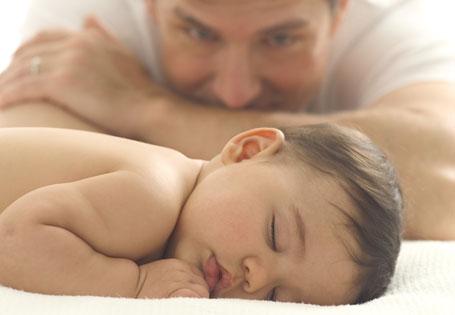Fathers come in many shapes and sizes - some live in nuclear families with mums, some are grandparents, others may have shared care arrangements for their children and some don’t spend much time as they’d like with their children.
Whatever the shape or size of your household one thing that’s certain is the importance of dads in the lives of their children.
Father’s Day is the perfect time to celebrate dads and many think about the skills required to be the best dad they can be.
“It’s widely acknowledged that fathers have a profound impact on their children, shaping their development and self-esteem, and helping them learn important life skills like impulse control and the capacity for empathy," said Mat Flynn of Relationships Australia.
“Being a father is one of the most important roles a man will ever play.
“With the ever changing of composition of families it’s important to focus on the influence that we have on our children– no matter their age or where they are living,” Mr Flynn said.
Relationships Australia offers the following top tips to Dads for developing a relationship with their children.
1. Share a common interest with your children
Whether it is the local football team or preparations for the rock eisteddfod, a common interest can be a good way to make the most out of the limited time that we often have with our kids.
2. Give kids room to make decisions
While it may be easier to be an authoritarian parent, this teaches a child to submit to orders no matter what. Instead, teach your child to make decisions, within the healthy and safe parameters that you set.
3. Access help if you need it
Being a father can be difficult. If you need support to manage the many conflicting demands, it’s OK to ask for help.
4. Respect their mother
Some say this is the most important part of being a father. Children who witness disrespectful or abusive behaviour are likely to model that behaviour in their own relationships.
5. Never give up
Life presents many challenges – as parents, there are good days as well as days we would rather forget. Even when we make mistakes with our kids or with others, we can show them how much we love them by changing course, apologising or having another go.








 Agree (0)
Agree (0) Disagree (
Disagree (











__small.png)










